#john brunner
Text

Art by Tim White for Out of My Mind by John Brunner (NEL, 1980)
2K notes
·
View notes
Text

Alex Hamilton (editor) - Splinters - Berkley - 1971 (cover by John Holmes)
#witches#splinters#occult#vintage#anthology#berkley books#alex hamilton#jane gaskell#anthony burgess#john brunner#hugh atkinson#patrick boyle#j.a. cuddon#michael baldwin#william trevor#horror stories#1971#john holmes#self taught
47 notes
·
View notes
Photo

Polymath - art by Vincent Di Fate (1974)
#vincent di fate#70s sci-fi art#sci-fi novels#john brunner#castaway's world#polymath#cover art#science-fiction#seventies#1974
81 notes
·
View notes
Photo

John Brunner, Entry to Elsewhen (DAW Books, 1972).
Cover art: Jack Gaughan
115 notes
·
View notes
Text

Vintage Paperback - Bedlam Planet by John Brunner
Art by Jeffrey Catherine Jones
Ace (1968)
#Paperback Cover#Paperback Art#Bedlam Planet#Jeffery Catherine Jones#Jeff Jones#Jeffery Jones#John Brunner#Science Fiction#Art#Paperback#Paperbacks#Vintage#Ace Books#Ace#1968#1960s#60s
33 notes
·
View notes
Photo

Virgil Finlay (1914-1971), ''Worlds of Tomorrow'', Vol. 1, #2, 1963
Source
#virgil finlay#american artists#worlds of tomorrow#john brunner#the totally rich#scifi art#science fiction art
117 notes
·
View notes
Video
youtube
New Nightmares - Them
#new nightmares#kurt vonnegut#martin amis#thomas disch#michael moorcock#harry harrison#lisa tuttle#edward said#bruce sterling#alan grant#john brunner
4 notes
·
View notes
Text
You'll find the other polls in my 'sf polls' tag / my pinned post.
That'll be it for me + SF for today but who knows about tomorrow ? If you want to make suggestions for other polls, please do.
#polls#science fiction#sf polls#a scanner darkly#philip k. dick#the demolished man#alfred bester#dhalgren#samuel r. delany#samuel delany#cryptonomicon#neal stephenson#the day of the triffids#john wyndham#roadside picnic#arkady strugatsky#boris strugatsky#stand on zanzibar#john brunner#downbelow station#c.j. cherryh#the lady astronaut of mars#mary robinette kowal
26 notes
·
View notes
Text
Other Worlds, Other Gods
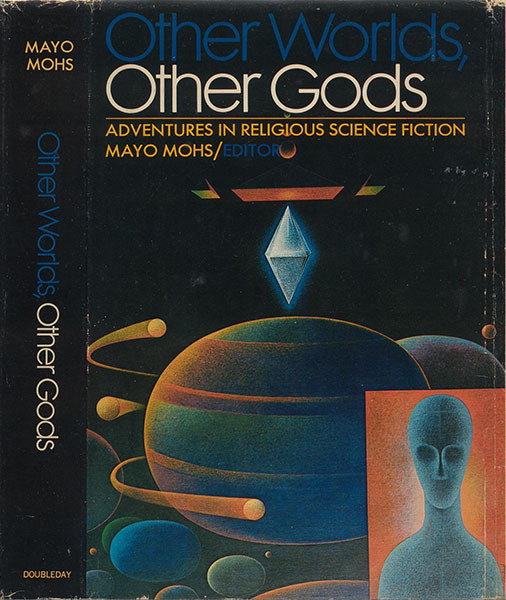
finished "other worlds, other gods" a '71 short story collection focusing on religion in science fiction. lots of it is real pulpy, with only the slightest hints of new wave shining through (mostly via john brunner), but its some good pulp. not a long or heavy read, only a day or two.
most of the stories were from the late 50s and early 60s, with a few from the 40s and late 60s. highlights include lee suttons soul mate, john brunners the vitanuls, anthony bouchers the quest for saint aquin, and damon knights shall the dust praise thee.
i would recommend it with the caveat that theres nothing super weird, unfortunately (which would be my main criticism). it mostly stuck to christianity (primarily catholicism!) and pastiches of such, with a few jewish cameos and one of hinduism and buddhism each. no alien religions, really. weirdest one was definitely soul mate. nothing ubik-level, lol.
side-note if any of my followers is more learned in hinduism: id be curious about your reading of the vitanuls; im not sure how accurate of a representation it is, being written by a brit, but it seems decent enough? i have very little knowledge of the religion, though, and am supremely unconfident saying that.
#literature#scifi#new wave#short story#short stories#review#john brunner#arthur c clarke#anthony boucher#damon knight#lee sutton#pulp sci fi#pulp science fiction#pulp art#aliens#religion#i would have tagged this with bookblr but from what i can tell that tag is comprised#entirely of people taking dark academia pictures#lol
13 notes
·
View notes
Text
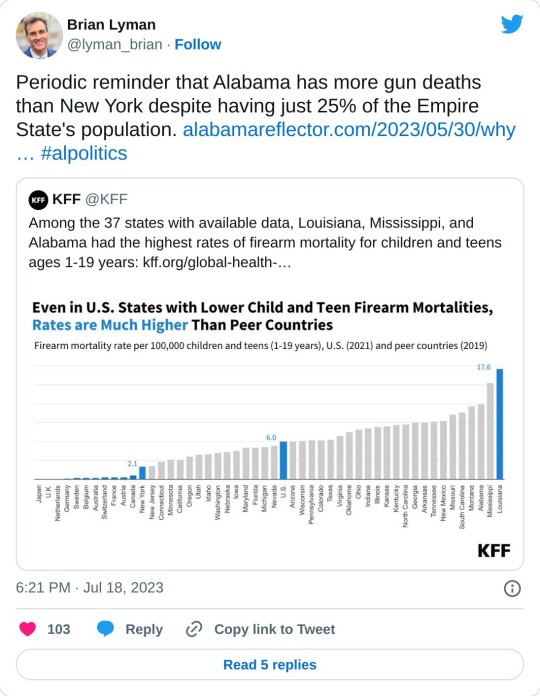
This reminded me of something I hadn't thought on for a while: muckers.
In 1969, John Brunner wrote a wonderful, challenging, prescient, complicated science fiction novel on overpopulation, called Stand on Zanzibar.
50 years on, it's not flawless, but a lot of what I've wrestled with because I thought they might be flaws, I now see were simply misreadings. For example, I thought SoZ was a warning about overpopulation, but I now see it is rather a critique of the response of historically colonial societies to dense populations.
It's also predicts a detrimental rise of the American Christian Right (although he focuses on Catholicism, rather than Puritanism), critiques globally monopolistic companies, the military-industrial complex, white middle-class complacency, exploitation of AI, media that presents itself AS you to shape YOUR views... it's got a lot going on.
But one thing SoZ got both right and wrong is muckers.
In Stand on Zanzibar, Brunner predicts that in dense population areas, there will be an increase of people flipping out and going on murder-sprees, because in the overpopulated world, crammed into ever tinier spaces, with complete loss of privacy and sense of self, mental health plummets. When this happens, the people who flip out are called 'muckers'.
All this tracks reasonably well to reported psychology of many US mass murderers.*
But.
Firstly, Brunner predicted a global phenomenon, and frequent mass murders is by quite a long way a distinctly US problem. A distinctly white, male, US problem.
Secondly, he imagined people just, like, flipping out in crowds and going on axe murder sprees. He didn't foresee the guns.
This is an American writer growing up with American gun culture. But you gotta know that the 2023 gun culture of the US was not how it was in 1969. Heck, I don't think it was like that when I was out there in 1990.
It changed after Columbine. When every other high-income country had their watershed moment with a school shooting, they introduced laws to prevent it happening again. But in the US, the NRA felt threatened. And their response was to ramp up the industry before it could be ramped down by politicians.
And this is why gun deaths don't really have anything to do with population density. They have to do with politics and the power of the NRA.
Because people don't become muckers, the way Brunner thought, in response to a world that is increasingly isolating, increasingly crowded, where our identities are stripped by work and invasions of privacy, where people in their 30s and 40s do still have roommates to afford rent in cities. All the things Brunner thought would make us lose our minds are in fact causing rising mental health issues. It's just that a) mental health issues don't actually usually make you violent, the person you're most likely to hurt is yourself; b) it's white men who have been taught to feel a right to the compliance of others who are most likely to take turn their frustrations into violent action towards others; and c) in most places, disillusioned, angry, mentally unstable people don't have access to guns.
Access to a gun is what causes someone who becomes violent in public to turn from harming one or two people before being subdued into a murder spree.
Because it does still happen elsewhere. Very occasionally. I can recall a couple of high-profile knife- or axe-weilding cases in the UK since 2010 (when the book is set). And in those cases, despite the shock of it all, the person only ended up killing one or two people.
It's having a gun that makes it extremely easy to kill a lot of people.
And also, these people aren't ordinary people who 'just snap'. Mass shooters plan their incidents and often turn up with a whole arsenal. An arsenal that proper gun laws could have prevented them from having.
People are, on the whole, less unstable than Brunner imagined. And those of us that are made depressed and anxious by the modern world usually go home and feel miserable, or hurt ourselves, rather than anyone else.
But he also, crucially, didn't imagine we would have such easy access to guns. And that has made all the difference.
*Set aside for now the issue of whether overpopulation is really a problem - Brunner suggests at the end of the book that it isn't really, the problem is colonialist values... although it took me a while to get that because the trope by which that comes out is a little problematic. IIRC the people of Beninia had evolved pheromones that just made everyone more chill, and we could use that somehow to solve everything (?), whiiiich is a bit Magical Black people. It was 1969. It's still the most thorough attempt to provide a truly global perspective on a book about a global issue that I can think of, and the very structure of the book says 'Look, guys, it's complicated.' Which makes me think I need to read it again, because did it really come out so hard against colonialism and then end with that? IDK.
8 notes
·
View notes
Text



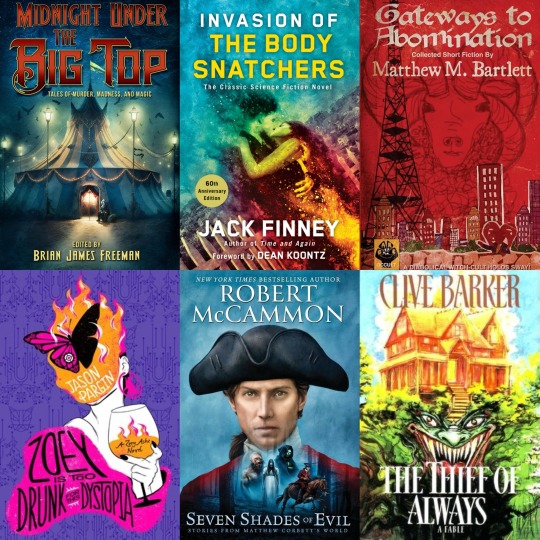
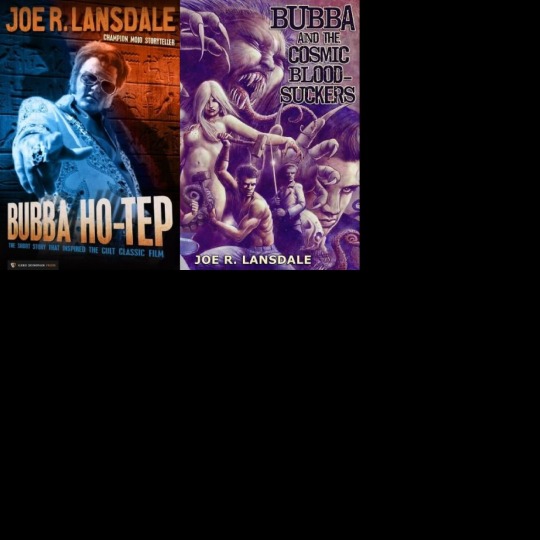
YEAR IN REVIEW:
Excluding comics and my own fiction, here are all of the books that I read in 2023, in the order that I started them. Some of the collected stuff I’d read before. I’m not quite finished with Seven Shades of Evil.
#books#fiction#2023#reading#horror#science fiction#fairy tales#non fiction#stephen king#quentin tarantino#john brunner#clive barker#rl stine#ray bradbury#jack london#brothers grimm#jason pargin#joe r lansdale
2 notes
·
View notes
Text
Some of the Ace Science Fiction Specials edited by Terry Carr. Cover art by Leo and Diane Dillon.


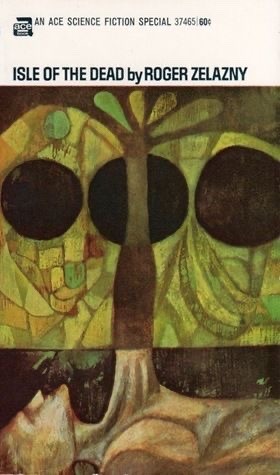
RIGHT OF PASSAGE by Alexei Panshin (1968) Nebula Award Winner; THE DEMON BREED by James H. Schmitz (1968); ISLE OF THE DEAD by Roger Zelazny (1969)
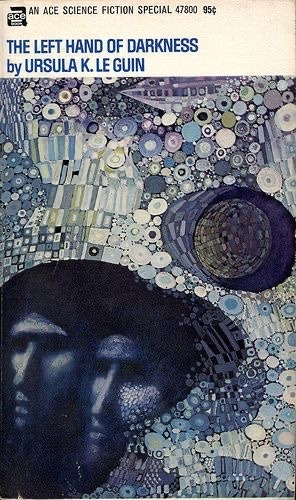
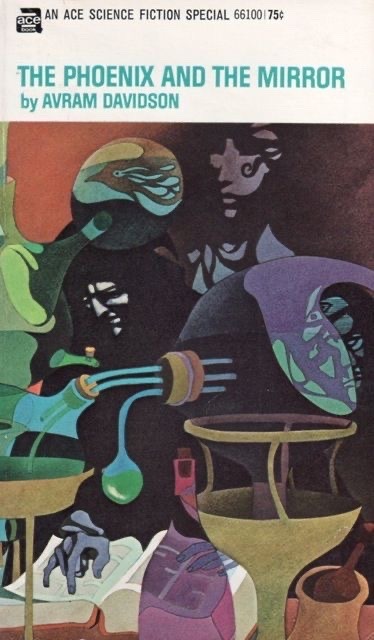

THE LEFT HAND OF DARKNESS by Ursula K. LeGuin (1969) Winner of the Hugo and Nebula Awards; THE PHOENIX AND THE MIRROR by Avram Davidson (1969); PAVANE by Keith Roberts (1969).
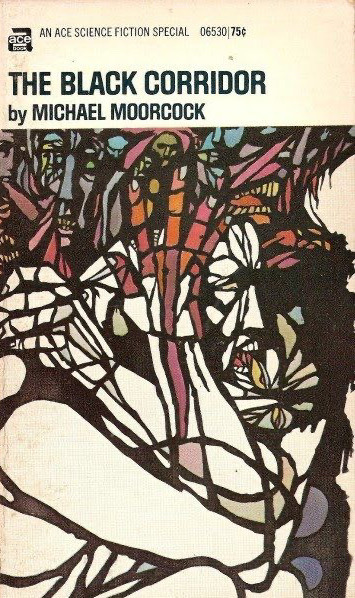

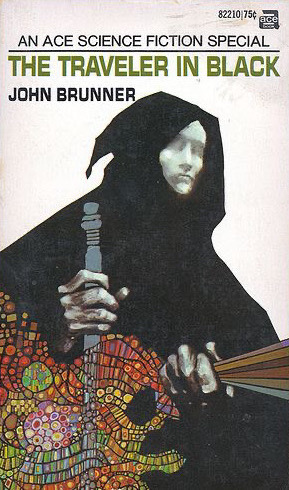
THE BLACK CORRIDOR by Michael Moorcock (1969); NINE HUNDRED GRANDMOTHERS by R. A. Lafferty (1970); THE TRAVELER IN BLACK by John Brunner (1971).
#book cover#roger zelazny#ursula k. le guin#michael moorcock#john brunner#the left hand of darkness#pavane#rite of passage#isle of the dead#book blog#books#books books books#science fiction#nebula award#hugo awards#leo and diane dillon
59 notes
·
View notes
Photo

John Brunner - Quicksand - Sphere - 1970
26 notes
·
View notes
Photo

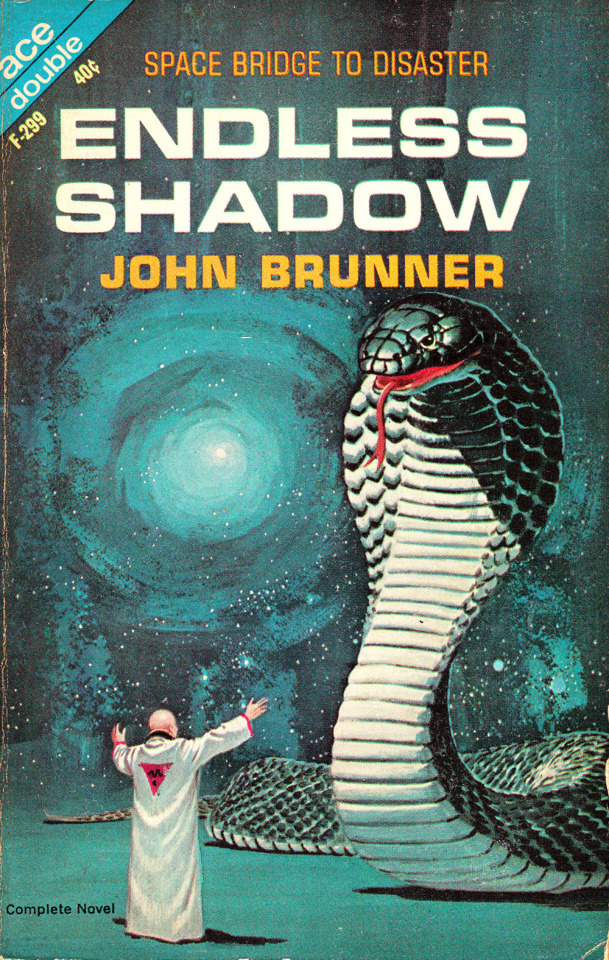
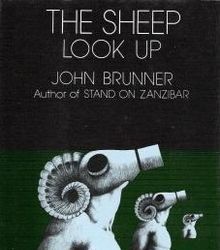

13 notes
·
View notes
Text
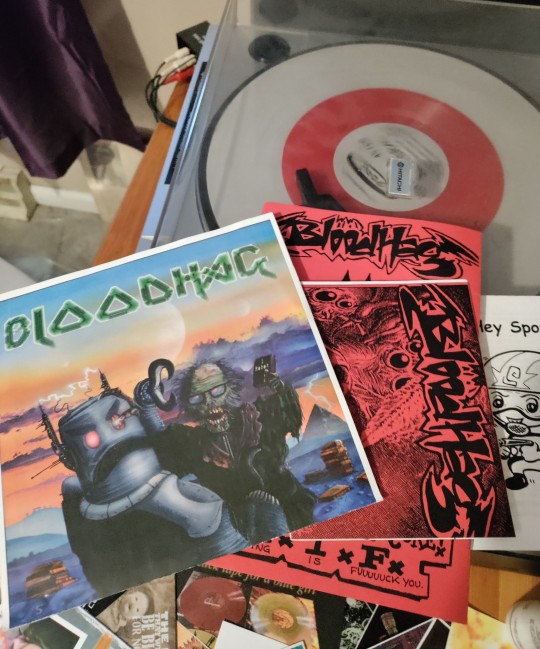

1997
#bloodhag#educore#7 inch#vinyl#metal#jrr tolkien#jules verne#hp lovecraft#michael moorcock#robert e howard#john brunner#frank herbert
4 notes
·
View notes
Photo

https://archive.org/details/ExpanseV01n011993/mode/2up
space rock article
12 notes
·
View notes